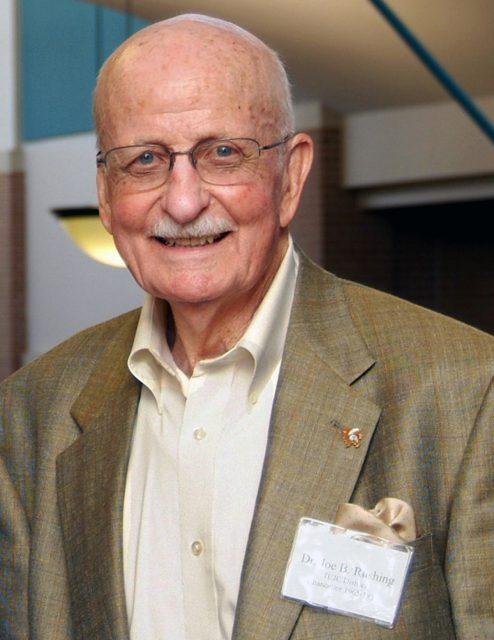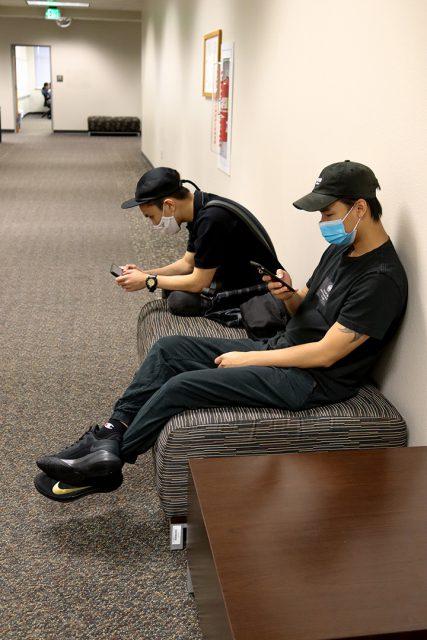
Photo by: Katelyn Townsend/The Collegian
Alyson Oliver
senior editor
May is the time to acknowledge how everyone can contribute to enriching the lives of young people in foster care, South assistant director of counseling and advising Rosemarie Hammon said.
“Starting in 1988, U.S. presidents issued annual proclamations in recognition of National Foster Care Month to show appreciation and gratitude to foster parents across the nation,” she said.
Foster care provides temporary living arrangements to children who are no longer safe at home and have no other guardians with whom they can live. After the court grants Child Protective Services legal possession of the child, they can be placed in one of several foster care settings such as a family home or a group home, according to the Texas Department of Family and Protective Services.
Less than 10% of youth previously in foster care complete a bachelor’s degree, according to the Texas Higher Education Foster Care Liaisons Information and Reference Guide. However, a great majority of them wish to attend college.
But TCC has resources in place to support its students who have experienced foster care.
TCC’s Foster Care Alumni Transition Program started in the fall of 2017 by South’s First-Time-In-College center. It connects students to champions on each campus, which are people who can help them with academic advising, financial aid and more.
It became a district program in 2019, and Hammon is its district liaison.
“We had a number of foster alumni students who needed to submit or reverify their benefits which is basically tuition and fee waiver,” she said. “As success coaches started working with new students who experienced foster care, we learned they have other benefits that could assist them in establishing their independence such as Education and
Training Voucher and Supervised Independent Living.”
Success coaching and academic advisors started the South FCAT program after finding students returned to the FTIC center for support while going through their first year of college, Hammon said.
“Our mission is to connect foster and adopted students through education and advocacy with resources that will assist holistically with their TCC experience,” she said.
FCAT has started partnerships with the Texas Department of Family and Protective Services and their various programs, such as the Transition Resources Action Center, Preparation for Adult Living and Supervised Independent Living.
“Another FCAT purpose is to have campus champions who are responsive to their unique history and needs,” Hammon said.
As a part of this, this year, they are offering workshops for future and current students who have been in foster care.
“We hope this awareness month is an opportunity to welcome them to the TCC family and know that you have our support,” Hammon said.
National Foster Care Month’s purpose is constantly in flux, she said. Currently, some goals include raising awareness for the needs of youth in foster care and spotlighting how the child welfare system can promote reunification and emphasize foster care’s function as a service for families.
Hammon said someone looking to support youth, families and workers who are a part of the foster care system can donate, volunteer with local child welfare organizations, spread awareness on social media or become a foster parent.



































